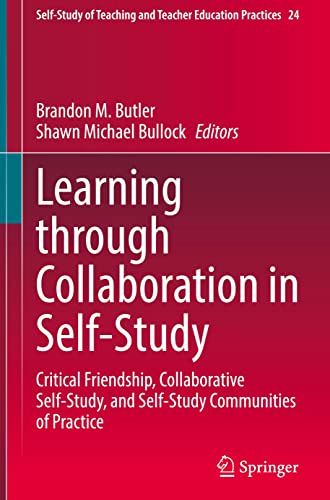

Most ebook files are in PDF format, so you can easily read them using various software such as Foxit Reader or directly on the Google Chrome browser.
Some ebook files are released by publishers in other formats such as .awz, .mobi, .epub, .fb2, etc. You may need to install specific software to read these formats on mobile/PC, such as Calibre.
Please read the tutorial at this link: https://ebookbell.com/faq
We offer FREE conversion to the popular formats you request; however, this may take some time. Therefore, right after payment, please email us, and we will try to provide the service as quickly as possible.
For some exceptional file formats or broken links (if any), please refrain from opening any disputes. Instead, email us first, and we will try to assist within a maximum of 6 hours.
EbookBell Team

0.0
0 reviewsSelf-study is inherently collaborative. Such collaboration provides transparency, validity, rigor and trustworthiness in conducting self-study. However, the ways in which these collaborations are enacted have not been sufficiently addressed in the self-study literature. This book addresses these gaps in the literature by placing critical friendship, collaborative self-study and community of practice at the forefront of the self-study of teaching. It highlights these forms of collaboration, how the collaboration was developed and enacted, the challenges and tensions that existed in the collaboration, and how practice and identity developed through the use of these forms of collaboration. The chapters serve as exemplars of enacting these forms of collaboration and provide researchers with an additional base of literature to draw upon in their scholarly writing, teaching of self-study, and their enactment of collaborative self-study spaces.